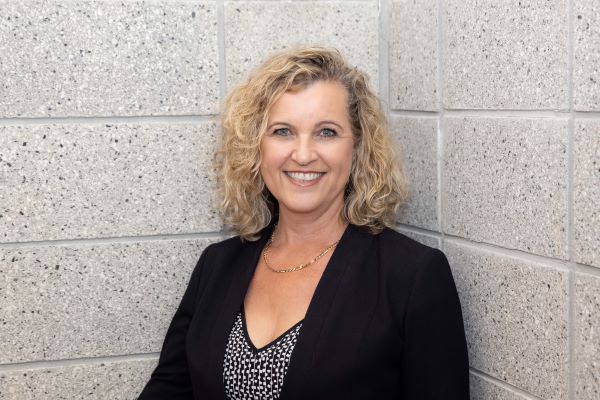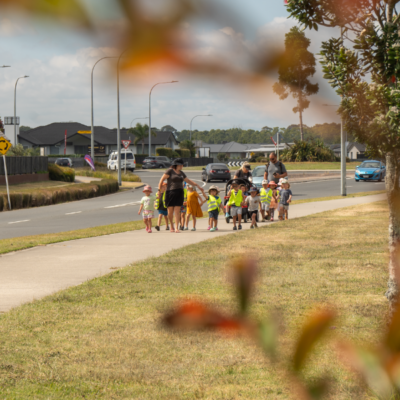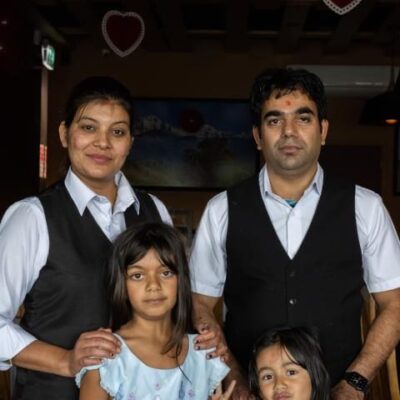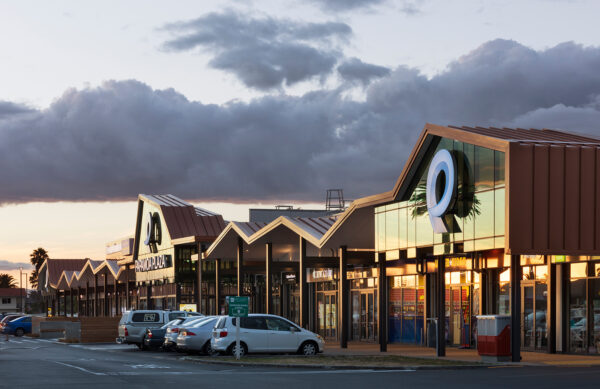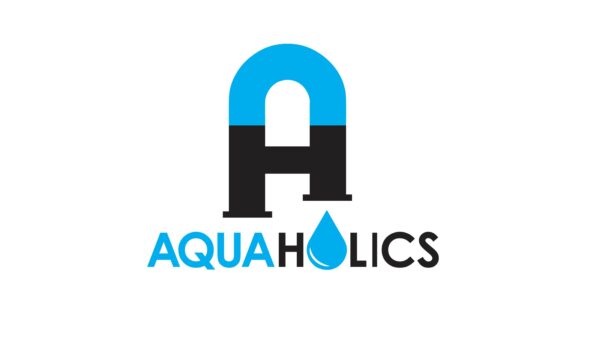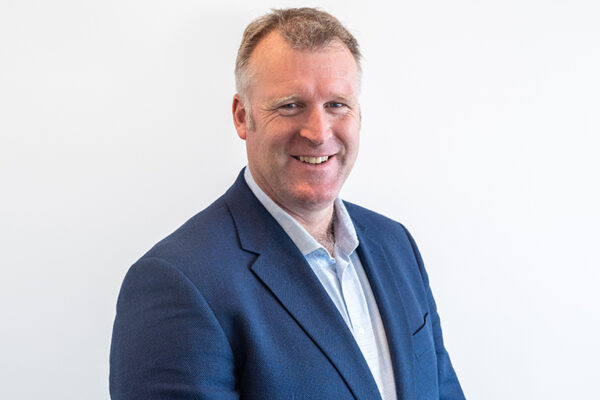PMG CEO Scott McKenzie shares his thoughts on the proposed City Plan changes.
Despite seeing a steady population growth in recent years, it is hard to believe when walking through Tauranga’s CBD. The quiet streets and vacant shop fronts are desperate for change. For those of us in property, we want to see action.
The Tauranga City Council currently has Plan Change 26 – Housing Choice (the plan) on the table, with public submissions to close on Friday, 18 December 2020. It proposes changes to the Tauranga City Plan, which will make it easier for a greater variety of more compact homes to be built, including duplexes, terraced houses, townhouses, and apartments.
The change aims to be a better use of city space and provide a range of home ownership options for Tauranga residents. Such intensification of residential development (or greater urban living) has the potential to uplift foot-traffic and commerce for businesses in the CBD.
We’ve seen the intensification of housing in other New Zealand cities – Auckland, Wellington and Christchurch – for some time, with apartments and townhouses built closer to the CBD. As a result, they have a more vibrant central city with better opportunities for businesses. It means centrally located commercial property tenants can thrive and commercial property ownership (those who invest in providing spaces for productive New Zealand) is more sustainable.
The intention of the plan is fundamentally sound. However, as with any changes intended at Council and central Government levels, it all depends on how it rolls out.
The Current Picture
In Tauranga, there is a shortage of zoned and serviced greenfield, undeveloped land. This will get worse before any new growth areas are enabled with infrastructure.
The shortage is resulting in an ongoing supply-demand imbalance and housing price increases in the city, pushing prospective residents away from the CBD and into other regions. The on flow from lack of housing has economic and social impacts on the district and the heart of our city.
The Possibilities
The plan has the potential to give us some much-needed growth by liberating height restrictions and supporting medium-density housing. Should it happen, the positive leap forward for housing in Tauranga will see the population move into where we need foot traffic. Those residents will eat, drink, shop, and create a bustle in the city again.
The Foreseeable Gaps
We’re pleased to see movement and action by the Council. However, there is still room for improvement for the plan.
The Council has indicated a height increase to six storeys (or 20 metres), which is mandated by the National Policy Statement on Urban Development 2020, which ensures cities are well-functioning urban environments that meet the changing needs of diverse communities. We’d like to see the height allowances higher still as it is unrealistic to expect six storeys to fit under 20 metres once you factor in surface stormwater, a half-height basement or under-croft parking, roof forms with a five-degree pitch to limit leaking risks, and decent floor-to-ceiling heights to increase the quality of dwellings.
The builds will also need consent and require a subjective urban design assessment from the Council’s urban designers. This adds additional costs and time to projects that naturally face enough road bumps along the way. Ideally, the process needs to be simplified.
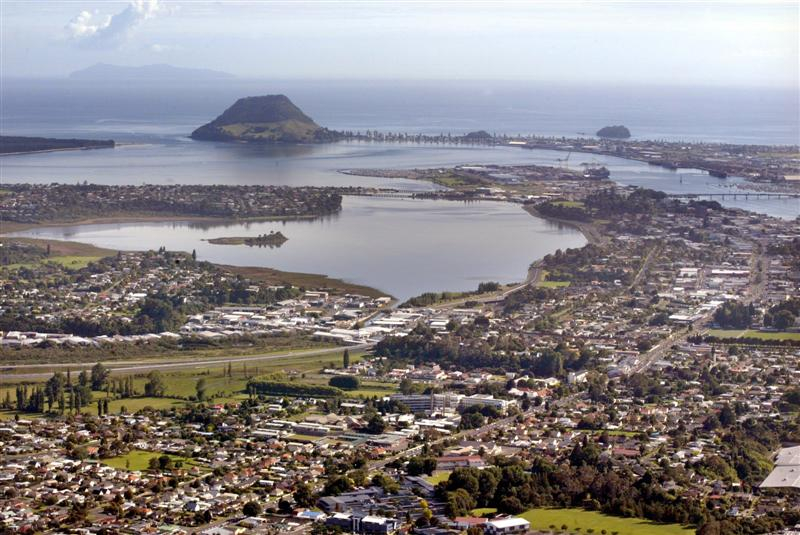
There’s currently limited information on how the Council will invest in the community and social infrastructure in Te Papa; an area that has seen a lot more housing built but little other investment wrapped around this.
In addition, there are some larger infrastructure constraints (including water and sewage), that will limit growth and housing supply.
To get things moving, key suburban areas need the most urgent attention. The low-rise townhouse and duplex rules will lead to development in what could, or should, be at a much higher density in these neighbourhood and suburban centres.
We congratulate the Council for the move in the right direction with the plan proposed and hope they will stand by their proposal should any push back arise. We need this forward momentum to push the city forward, and transform our CBD hub into a more liveable, attractive, sought-after community.
Disclaimer
The content of the article is the personal opinion of Scott McKenzie and is not intended as personalised financial or investment advice.
You should seek independent financial advice from an authorised financial advisor before making any investment decisions.

